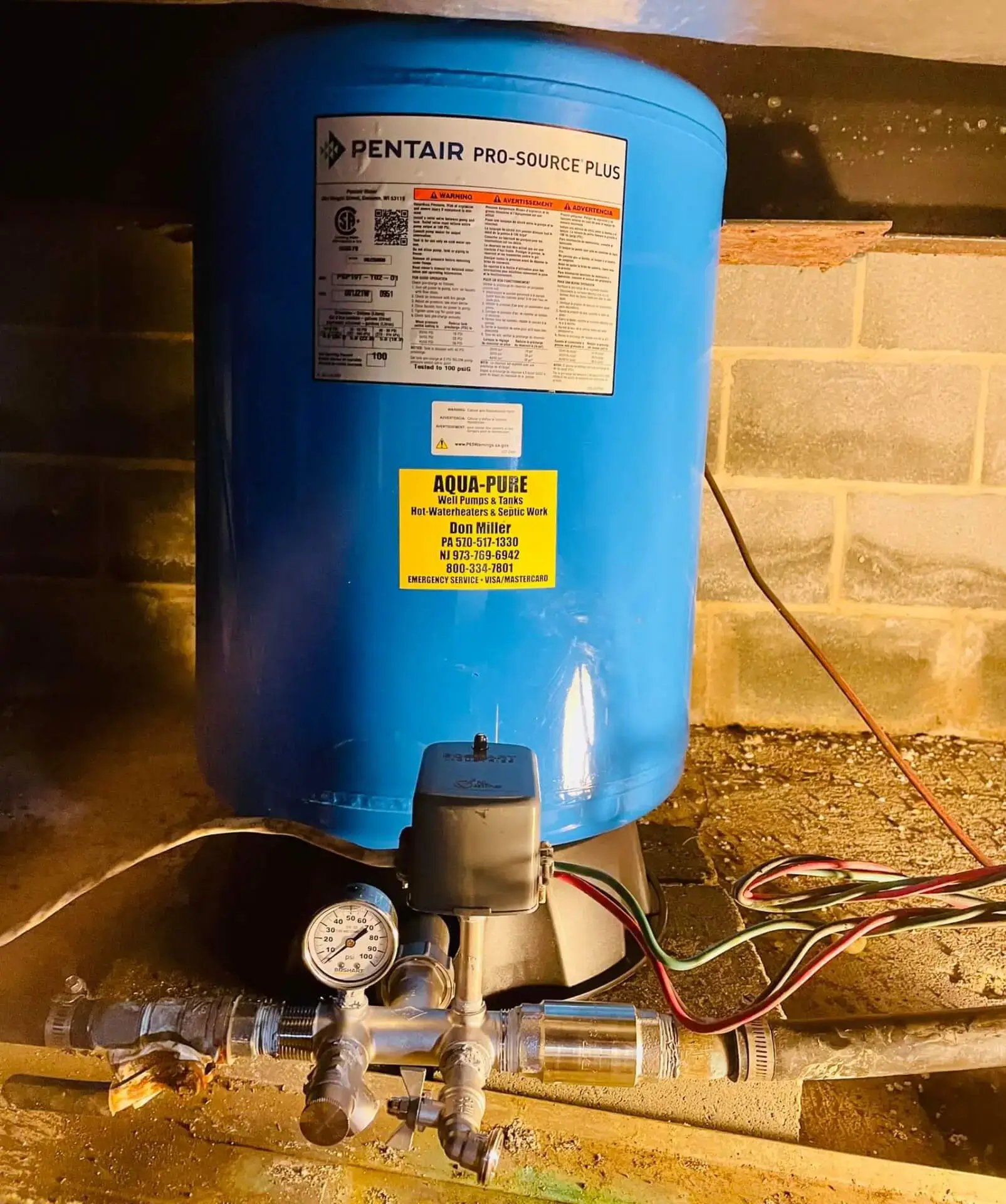Understanding the Secret Components of Effective Water Filtering Equipments

Relevance of Water Purification Solution
Water filtering systems play an important function in ensuring accessibility to safe and tidy alcohol consumption water by successfully removing pollutants and contaminants. These systems are important in dealing with the expanding issues over water quality and the possible health and wellness risks connected with consuming infected water. By using various purification systems such as reverse osmosis, activated carbon, and UV sanitation, water filtration systems can successfully get rid of harmful substances like bacteria, infections, heavy steels, and chemicals from the supply of water.
Moreover, water purification systems help to boost the taste and smell of water by removing chlorine, sediments, and various other contaminants that can influence its quality. Water Filtration Systems. This improvement in water quality not only makes it extra palatable however additionally motivates people to drink an ample quantity of water daily, promoting much better hydration and general health and wellness
Kinds Of Filtering Elements

Physical filters are created to literally strain out pollutants from the water. These filters can be constructed from products like ceramic, carbon, or even sand, and they work by trapping bits bigger than the filter's pores as water travels through.
Chemical filters utilize different chemical procedures to get rid of contaminants from the water. Examples include triggered carbon filters, which adsorb contaminations, and turn around osmosis membranes, which use pressure to different impurities from the water.
Organic filters make use of living organisms like bacteria or algae to break down raw material and contaminants in the water. These filters are usually used in wastewater treatment plants or natural water purification systems.
Recognizing the various kinds of filtration elements is critical for selecting the most appropriate water filtration system for specific filtration requirements.
Feature of Debris Filters
Sediment filters play a critical function in water filtration systems by efficiently capturing solid bits suspended in the water. These filters are normally the first line of defense in a filtering important site system, eliminating larger particles such as sand, silt, dust, and corrosion prior to the water moves through finer filtering phases. By capturing these sediments, the filters prevent them from reaching downstream parts, thus prolonging the life expectancy and efficiency of the whole system.
The function of sediment filters is important in maintaining water top quality and shielding delicate devices from damage brought on by particles. Additionally, by getting rid of noticeable particles, debris filters improve the clarity and preference of the water. Consistently changing or cleaning sediment filters is crucial to make sure optimal performance. Ignoring this maintenance can bring about blocking, reduced water circulation, and compromised purification effectiveness. On the whole, sediment filters are essential parts that contribute considerably to the efficiency of water filtering systems.
Function of Turned On Carbon Filters
Playing an essential role in water filtering systems, triggered carbon filters are critical in eliminating impurities and pollutants from the water supply. As water passes with the filter, the triggered carbon holds and draws in onto the pollutants, making sure that the water that comes out on the various other side is cleaner and much safer for usage.
Turned on carbon filters are extremely reliable at enhancing the taste and odor of water by minimizing chemicals that can impact its quality. Due to their flexibility and reliability, activated carbon filters are a crucial element in guaranteeing that water is detoxified to the greatest standards prior to reaching customers.
Understanding Reverse Osmosis Equipments
Reverse osmosis systems are innovative water filtration systems that use an advanced procedure to eliminate impurities and pollutants from alcohol consumption water. These systems work by using pressure to the water, compeling it through a semi-permeable membrane layer. This membrane functions as a barrier, enabling just pure water particles to travel through, while blocking bigger molecules such as minerals, chemicals, and other contaminations. Because of this, the water that appears beyond is dramatically cleaner and her comment is here more secure for consumption.
One key advantage of reverse osmosis systems is their ability to eliminate a vast array of contaminants, including hefty steels, liquified viruses, germs, and solids. This makes them extremely reliable in boosting the overall quality and safety of drinking water. Furthermore, reverse osmosis systems are relatively low-maintenance and can be installed under the sink or in a central filtration system, offering practical access to clean water throughout the household. In general, comprehending exactly how reverse osmosis systems work can assist individuals make notified choices regarding their water filtering requirements.
Verdict
In conclusion, reliable water filtering systems are essential for making certain tidy and safe alcohol consumption water. By comprehending the feature and function of each part, people can make educated choices when choosing a water purification system.
Water filtering systems play an essential duty in guaranteeing accessibility to clean and secure alcohol consumption water by efficiently Website getting rid of impurities and impurities. By making use of various filtering systems such as reverse osmosis, activated carbon, and UV sterilization, water filtration systems can successfully eliminate harmful compounds like microorganisms, viruses, heavy steels, and chemicals from the water supply.
Sediment filters play a vital role in water filtration systems by successfully recording solid particles suspended in the water (Water Treatment).Playing an essential function in water purification systems, turned on carbon filters are important in eliminating contaminations and impurities from the water supply.Reverse osmosis systems are advanced water filtration systems that utilize an advanced procedure to get rid of contaminants and pollutants from alcohol consumption water